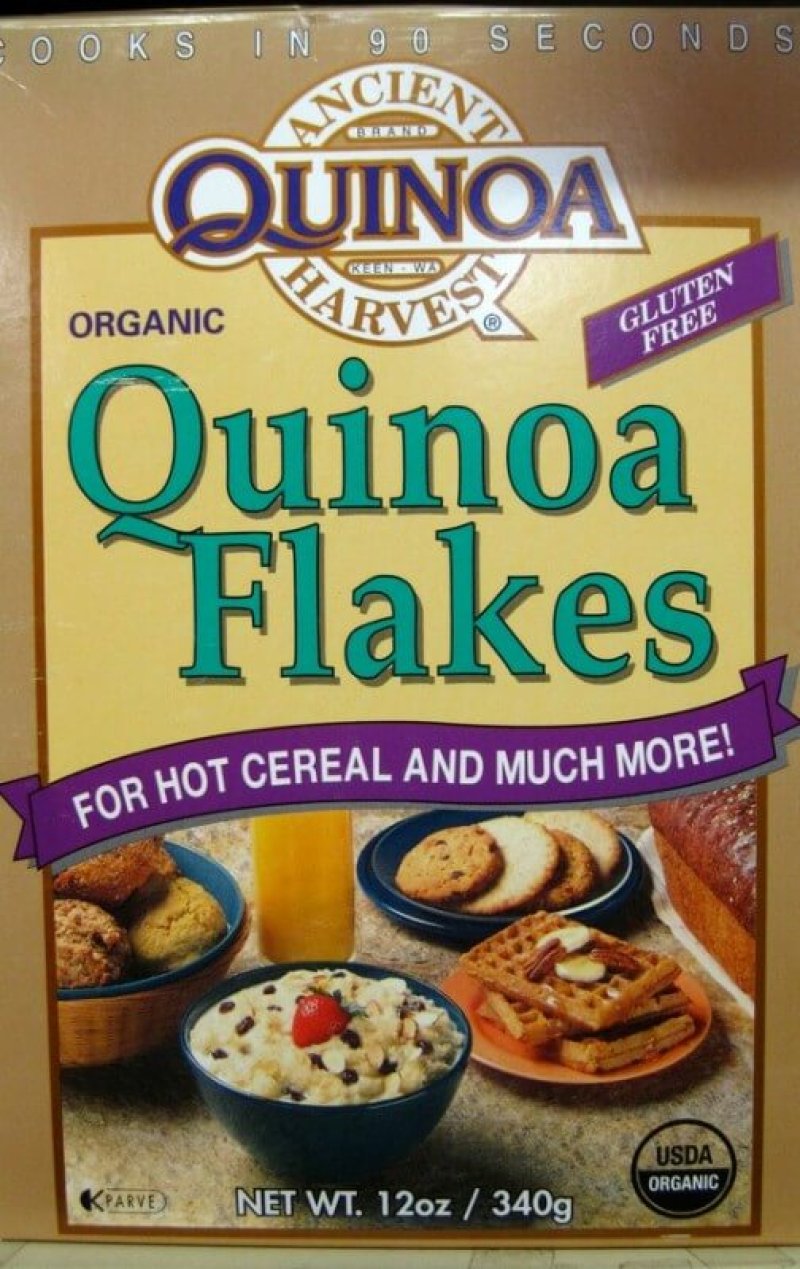I feel that one of the most highly misunderstood things about genetically modified organisms (GMOs) is the insect-resistant trait that certain varieties of GMO corn and GMO cotton have: the Bt trait. Bt stands for Bacillus thuringiensis and it is a naturally occurring bacteria that is found in the soil. Bt produces a protein to kill very specific types of insects (corn borers and rootworms) but do not harm other insects or humans.
So plant scientists found a way to allow corn to protect itself from these specific insects that damage the crop using a very precise method with biotechnology by placing a gene from Bt into corn (GMOs). But you know what? Plants have been doing this for thousands of years! They naturally produce pesticides to protect themselves from damage from pests. In fact, it’s been calculated that 99.99 percent of the pesticides in the American diet are chemicals that plants produce to defend themselves, and it is estimated that humans ingest roughly 5,000 to 10,000 different natural pesticides and their breakdown products.
So why the comparison to GMO corn? Well, quinoa produces chemicals called saponins, which are simply defined as “a class of chemical compounds found in particular abundance in various plant species”.
Should we fear quinoa as it is coated in a “toxic pesticide”? No. It has been determined a safe substance to ingest by the same regulatory bodies that determine the use for Bt in GMO corn crops.
Read full, original article: What Do GMO Corn and Quinoa Have In Common?































